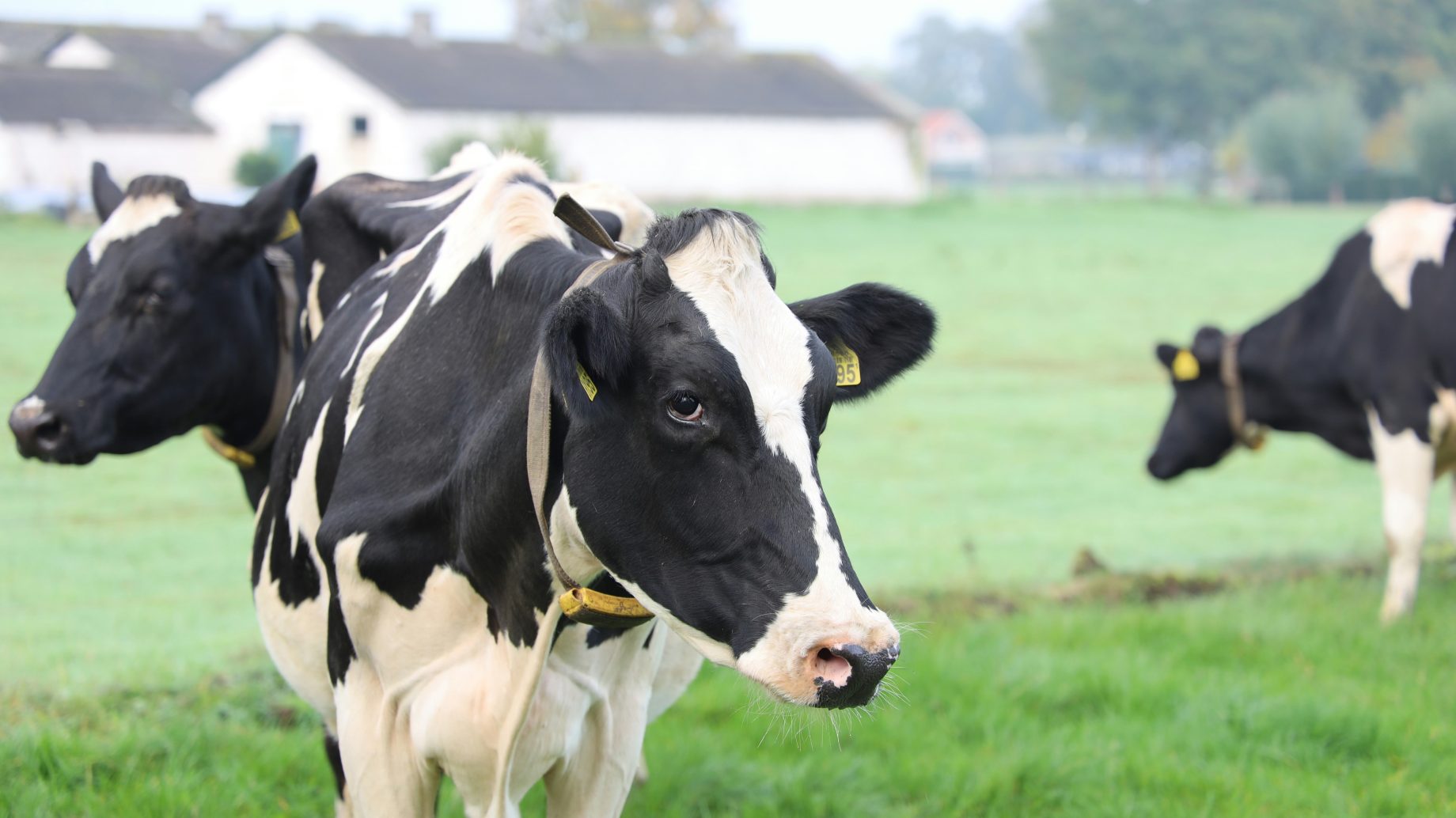Miraka has been sold to Open Country Dairy following what sources describe as a “fire sale.” The Māori-owned company, once a showcase for iwi enterprise in dairying, was pushed to the brink by financial difficulties.
The deal prevents a collapse but reduces the number of independent processors in the market. Analysts say the sale highlights the intense pressures smaller players face in New Zealand’s dairy industry.
Shareholding Structure and Board Changes
Since its establishment in 2010, Miraka became the fifth-largest milk processor, supported by about 100 Waikato suppliers.
Vinamilk’s role was pivotal, beginning with a US$10 million investment and peaking at nearly a quarter of shares before being diluted to 13.5% in recent years. With the sale concluded, Vinamilk’s board delegate, Truc Le Quang Thanh, stepped down.
Competitive Pressures on Small Dairy Processors
Industry voices say Miraka’s fate highlights the difficulty of competing against Fonterra’s scale. One leader remarked that apart from Tatua, “it was hard for small processors to compete against the Fonterra supplier model, essentially enabled by the Dairy Industry Restructuring Act (Dira).”
Other independents such as Yashili and Mataura Valley Milk have already been absorbed by larger players.
Open Country Dairy Strengthens Market Position
The purchase strengthens OCD’s position as New Zealand’s clear number two processor. With Miraka and Mataura Valley Milk, it will run six processing plants plus two ice cream sites, collecting well over 10% of the nation’s milk supply.
The Fonterra Pricing Effect on Market Dynamics
Fonterra’s strategy of paying the maximum sustainable milk price, alongside dividends and capital returns, has tightened its grip on supply.
Its share of national milk collections sits at 77.7%, down from 95% in 2001 but stabilising around a target of 78%. Analyst Matt Montgomerie said farmers saw “a pathway to dividends of 40 cents a share sustainably,” making small processors a risky alternative.












